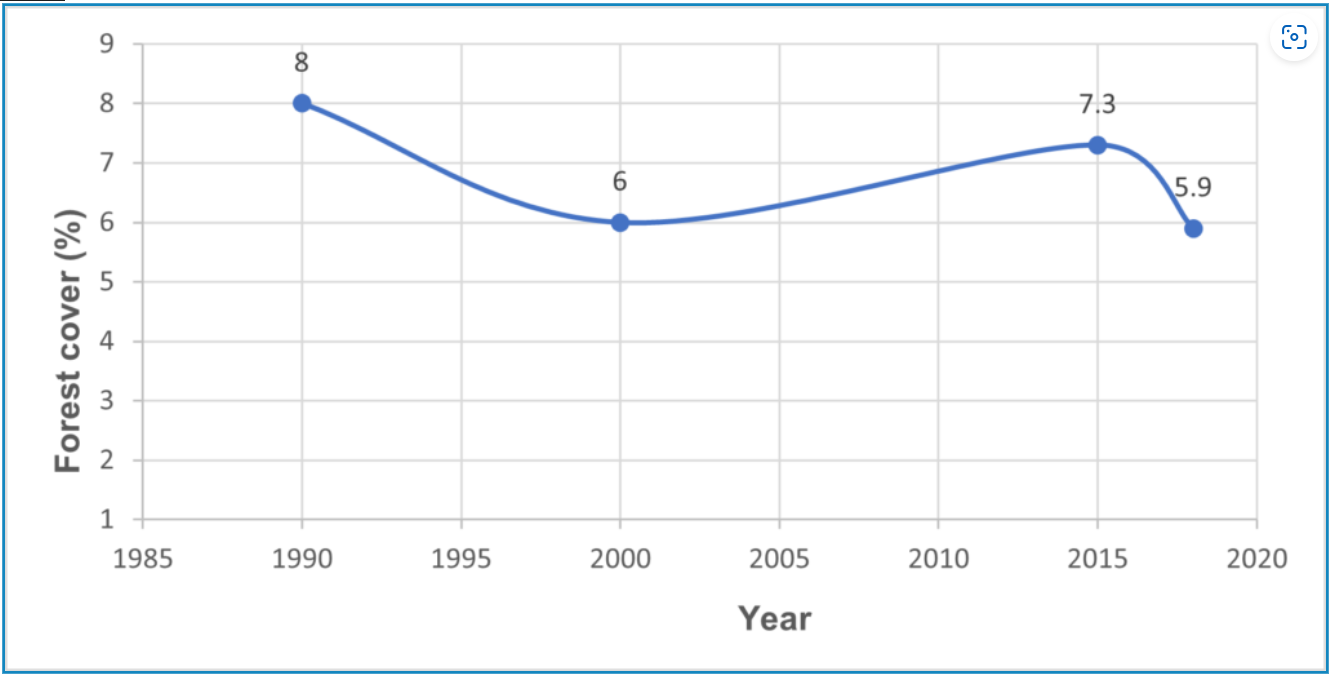The informal sector refers to economic activities not regulated or protected by the government and often operate outside the formal economy. In Kenya, 83 per cent of workers are working in the informal sector (Kenya Economic Survey, 2023) and most do not save for retirement. Saving through pension schemes can enhance the provision of financial security after retirement. However, most people in the informal sector save only for day-to-day operations and may not prioritize retirement savings due to insufficient pension savings schemes for workers in the informal sector.
The informal sector industry creates an avenue for employment due to the ease of entering and exiting the market. The number of people working in the informal sector has been increasing over the years. Increased workers in the informal sector result in increased savings, which the government can use to develop infrastructure and eradicate poverty. Nevertheless, the existing pension schemes have not fully factored in the conditions under which informal sector workers operate, including uncertainties in earnings and job security. Pension schemes enhance financial stability in old age and facilitate fund mobilization for long-term investments.
Informal Sector Employment in Kenya
Informal sector workers contribute immensely to the country’s economic growth. Sessional Paper No. 2 of 2014 on The National Social Protection Policy aims at ensuring that all Kenyans live with dignity and are allowed to exploit their capabilities for social and economic development. However, there is no clear policy on retirement benefit mechanisms incorporating employees from the informal sector, since there is more emphasis on occupational schemes.
The informal sector comprises skilled and semi-skilled employees with little or no knowledge of retirement savings. Through the Retirement Benefits Authority (RBA), the government developed a micro pension plan enabling informal sector workers to save for retirement. The scheme is designed to encourage informal sector workers to save, through mobile money, for their retirement. Nevertheless, the uptake of this service has been low in the informal sector.
Status of Pension Schemes in Kenya
The Government of Kenyan implemented a new savings scheme through the National Social Security Fund (NSSF), targeting individuals employed in the formal sector. Under this scheme, both employees and employers are required to contribute a percentage of their monthly pensionable income, with the contribution increasing from Ksh 400 to 12 per cent of basic pensionable pay (6% from the employee and 6% from the employer). However, this pension scheme solely benefits individuals in the formal sector, leaving out a significant portion of Kenyans working in the informal sector. Moreover, private sector schemes majorly serve people who offer services in the private sector.
Kenya’s total pension coverage in 2019 was 20 per cent, an increase from 19.5 per cent in 2014. The informal sector coverage remained low at about 1.3 per cent of the working population as at the same year compared to 20.5 per cent of the formal sector. This implies that a culture of savings in the informal sector needs to be nurtured.
Workers in the informal sector rely on savings methods such as Savings and Credit Cooperative Organizations (SACCOs), self-help groups, and merry-go-rounds. Despite these informal savings mechanisms being effective to some extent, they often lack formal structures and regulations that provide long-term security and stability. Implementing a full policy on informal sector schemes would ensure that workers in the sector have access to formal savings schemes that offer better protection and higher returns on savings. Informal sector workers are not likely to prepare for retirement since they constantly worry that their pension funds will not be available once they retire. The workers often lack confidence in formal pension schemes due to past instances of mismanagement, corruption, and misappropriation of funds by institutions such as the National Social Security Fund (NSSF).
Furthermore, many people in the informal sector may not be aware of the benefits of savings for retirement through a pension scheme or may not know how to access such schemes. Many individuals in the informal sector may have limited knowledge about formal pension schemes, their benefits, and how they work. The lack of awareness about the advantages of saving for retirement through a pension scheme can lead to lack of motivation to seek out such opportunities.
Workers in the informal sector have irregular income, making it difficult to contribute regularly towards their pension schemes. Additionally, many pension schemes require a certain level of income or formal employment status, which may exclude people in the informal sector from participating. Therefore, it is necessary for the government to come up with a clear pension framework whereby informal sector workers can contribute their pensions knowing that it is well secured for their future.
Conclusion and Recommendations
In Kenya, the informal economy plays a significant role, making up around 83 per cent of the workforce. Therefore, the sector can contribute to retirement savings since the employment of a significant number of people in the industry results in high income hence high savings. However, workers in the informal sector do not save in pension schemes for their retirement. Inadequate retirement savings for the informal sector is a concern since financial stability is essential for all individuals. There is likelihood that most people in the informal sector may retire without any retirement income.
In future, it will be important for the government and private sector to implement theNational Social Protection Policy to incorporate the informal sector. The policy may consider social security aspects and the importance of savings for both formal and informal workers. By encouraging informal sector workers to save through regulated schemes, the government can mobilize additional capital for productive investments, which can lead to job creation and poverty reduction.
Informal sector workers may not be aware of the importance of saving for retirement. Therefore, it is necessary to sensitize them on the importance of retirement savings through civic education. The government may consider providing incentives to encourage individuals in the informal sector to save for retirement. This could include tax incentives, matching contributions, or subsidies for opening retirement savings accounts.
The government and stakeholders could design pension schemes that meet the needs of the informal sector through flexible contribution requirements. This will increase the participation in the schemes. Informal sector workers have irregular income streams, varying cash flows, and often face financial instability. Pension schemes with flexible contribution requirements would allow individuals to contribute according to their financial capacity and adjust their contributions as their economic circumstances change. This flexibility makes it easier for them to save for retirement, as they can align their savings with their income fluctuations.
Additionally, efforts to build trust and improve the transparency of financial institutions can help increase confidence in formal financial systems and encourage greater participation in pension schemes.
By Winfred Gatwiri and Alex Matiy, KIPPRA Young Professionals
Photo: Courtesy of the Kenya News Agency






